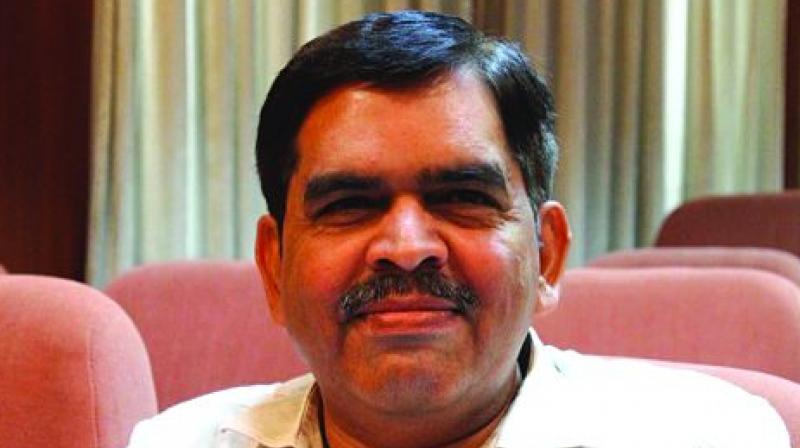Swadeshi Jagran Manch against government issuing foreign currency bonds
The RSS was the key founder of the ruling BJP and has people it nurtured in top positions in the government, including Modi himself.

NEW DELHI/MUMBAI: An influential Hindu nationalist group close to Prime Minister Narendra Modi's ruling party has demanded his government review its plan to raise money by selling foreign currency bonds.
They say it is anti-patriotic as it could create long-term risks for the economy, potentially allowing rich foreign nations and their financial institutions to dictate the country's policies.
"We can't allow this to happen," declared Ashwani Mahajan, the Co-convenor of Swadeshi Jagran Manch (SJM), the economic wing of the Rashtriya Swayamsevak Sangh (RSS).
The RSS was the key founder of the ruling Bharatiya Janata Party and has people it nurtured in top positions in the government, including Modi himself.
Declaring that the SJM will campaign against the plan by convening meetings of influential economists, Mahajan said: "We are confident that government will withdraw its decision on these bonds."
"We must look at the experience of countries that have taken loans from international markets to meet their government deficit. The experience of these countries has been far from good," he said, citing Argentina and Turkey as examples.
Mahajan said going overseas to borrow may mean that the rupee currency depreciates at a faster rate and allows foreign governments to demand tariff reductions. A Finance Ministry spokesman declined to comment for this story.
Speaking at a business summit in London, British Prime Minister Theresa May expressed hope that the Indian government would choose the British capital as the location to issue its first international sovereign bonds.
New Delhi has not so far given any details about where they will be issued.
Subhash Chandra Garg, the top official at the Finance Ministry, told Indian business leaders last week that the overseas debt move was part of efforts to bring down real interest rates for Indian firms, to help the economy grow faster.
"We will have a very open attitude to welcome foreign investment and savings because that is what would be required," he said.
Garg said that the problem with relying so much on domestic debt was that the government tapped into nearly 80 per cent of total savings in the economy, leaving little for private companies. As a result, those businesses are forced to pay up to 12-13 per cent in interest rates on bank loans.
The government has in the past considered raising funds from overseas markets but those tasked with determining the feasibility of such a plan have ended up recommending against it.
"Most of the debt is of domestic origin, insulating the debt portfolio from currency risk," former Finance Minister, Arun Jaitley, wrote in a paper on public debt in February last year.

